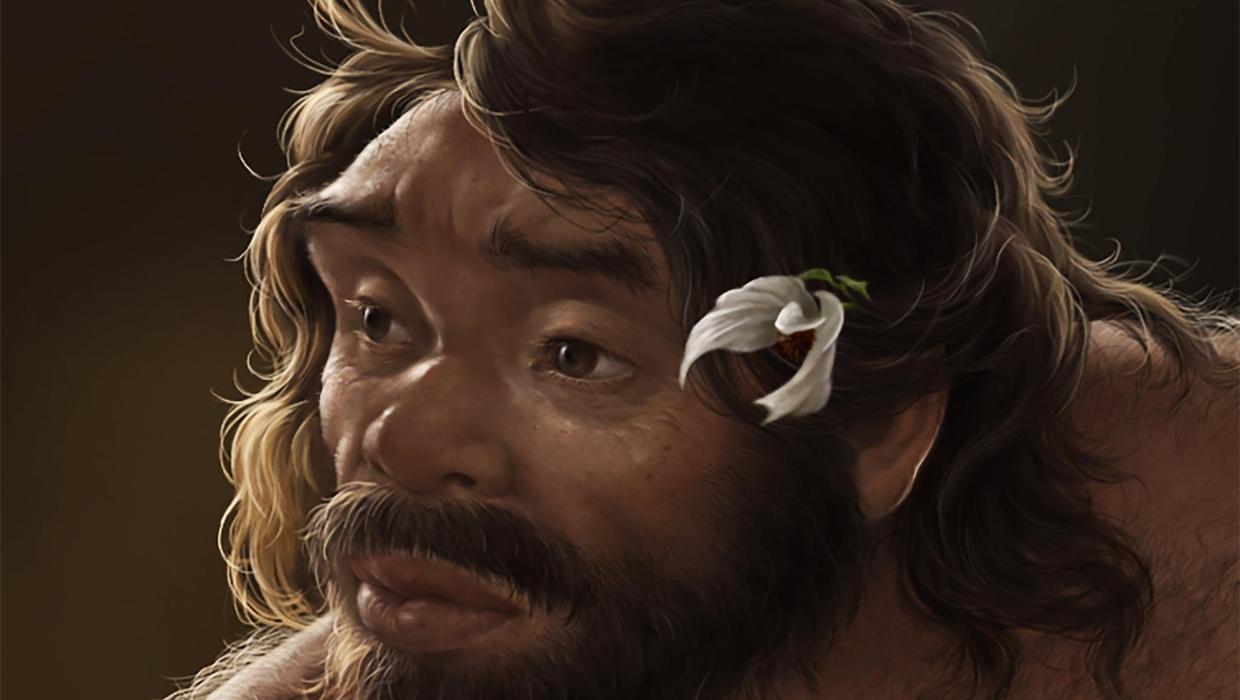Science
Fossilised Skull Challenges Human Evolution Timeline

A recently discovered fossilised skull is prompting a reevaluation of the timeline of human evolution, suggesting that our species, known as Homo sapiens, may be much older than previously established. This significant find raises compelling questions about the origins and development of modern humans, potentially reshaping our understanding of evolutionary history.
The skull, unearthed in a remote area of Eastern Africa, has been dated to approximately 300,000 years ago. This discovery contradicts earlier beliefs that Homo sapiens emerged around 200,000 years ago. The research, published in the journal Nature, has sparked considerable debate among evolutionary biologists and archaeologists alike.
Researchers involved in the study assert that the features of this skull indicate a closer resemblance to modern humans than to earlier hominins. Lead author Dr. Sarah Thompson, an evolutionary biologist at Cambridge University, noted, “This skull challenges the established timeline and could mean that the evolutionary history of our species is far more complex than we understood.”
The implications of this finding extend beyond mere academic interest. Understanding the timeline of human evolution is crucial for comprehending how modern humans adapted to their environments and interacted with other species. The skull’s characteristics may provide insights into the lifestyle and behaviors of early humans, including their social structures and survival strategies.
Archaeologists are now keen to conduct further excavations in the area where the skull was found. The research team hopes to uncover additional fossils that could provide more context and solidify the new timeline. “This could be the tip of the iceberg in our understanding of human evolution,” stated Dr. Emily Chen, another researcher involved in the project.
The discovery has garnered global attention, with experts across various fields expressing interest in its implications. Institutions from around the world are eager to examine the findings and potentially collaborate on future studies. The Smithsonian Institution has already announced plans to host a symposium to discuss the new research and its impact on the study of human evolution.
This breakthrough highlights the dynamic nature of scientific understanding. As new evidence emerges, established theories must adapt. The fossil record remains a vital component in constructing a timeline of human history, and this skull serves as a reminder of the continuous evolution of our knowledge.
In conclusion, the recent findings regarding the ancient skull not only challenge existing beliefs about the timeline of human evolution but also open up new avenues for research and exploration. As scientists continue to investigate the origins of Homo sapiens, the potential for groundbreaking discoveries remains high, promising to deepen our understanding of what it means to be human.
-

 World1 week ago
World1 week agoPrivate Funeral Held for Dean Field and His Three Children
-

 Top Stories2 weeks ago
Top Stories2 weeks agoFuneral Planned for Field Siblings After Tragic House Fire
-

 Sports3 months ago
Sports3 months agoNetball New Zealand Stands Down Dame Noeline Taurua for Series
-

 Entertainment3 months ago
Entertainment3 months agoTributes Pour In for Lachlan Rofe, Reality Star, Dead at 47
-

 Entertainment2 months ago
Entertainment2 months agoNew ‘Maverick’ Chaser Joins Beat the Chasers Season Finale
-

 Sports3 months ago
Sports3 months agoSilver Ferns Legend Laura Langman Criticizes Team’s Attitude
-

 Sports1 month ago
Sports1 month agoEli Katoa Rushed to Hospital After Sideline Incident During Match
-

 World2 weeks ago
World2 weeks agoInvestigation Underway in Tragic Sanson House Fire Involving Family
-

 Politics2 months ago
Politics2 months agoNetball NZ Calls for Respect Amid Dame Taurua’s Standoff
-

 Top Stories2 weeks ago
Top Stories2 weeks agoShock and Grief Follow Tragic Family Deaths in New Zealand
-

 Entertainment3 months ago
Entertainment3 months agoKhloe Kardashian Embraces Innovative Stem Cell Therapy in Mexico
-

 World4 months ago
World4 months agoPolice Arrest Multiple Individuals During Funeral for Zain Taikato-Fox





















